A lot of people I care about have come back with some really bad god-damn diagnoses in the last few months. Mom’s not well. Two friends have cancer, but they’re both holding it together.
It’s throwing me, frankly. I’m getting older, and I wonder if I’m due for some similar bad news. Are some of my cells even now going berserk, turning into the cancer that will kill me in five years? I look at Miss Perfect and she looks at me and we wonder how many more days we get to have together.
I know some people get comfort from their belief that after this life, a supernatural being will allow them to live in peace and happiness with loved ones forever. And there will be pie in the sky when you die. It’s a nice thought. I can see why people turn to it in times of existential uncertainty.
By comparison, atheism doesn’t seem to offer much comfort. We’re here, we die, and there’s no reason to think that any supernatural beings exist to revive us. Fine if you enjoy accepting the harsh realities, but not much in the way of comfort. Which is fine with me. I’ve always cared more if something’s true, rather than if it’s ‘comforting’. You could say that drugs offer a degree of ‘comfort’, until they wear off and it’s back to reality.
And for me this is the problem with the comfort offered by religions. It’s a comfort only if it’s true, otherwise, it’s a cruel illusion. If atheism doesn’t provide comfort, the false comfort offered by religion is even worse. It’s expensive and time-consuming.
How, then, do we explain the diseases that strike those we love? If you believe in a god, you have to believe that he has the ability to heal you, but for some reason, might not. (He certainly doesn’t heal amputees.) Then after he lets you go through pain, death, and uncertainty, he’ll whisk you away to paradise. And what kind of heaven awaits? Christopher Hitchens (another unwelcome cancer diagnosis) opened my eyes by pointing out that the Christian version of heaven is not an eternity we should wish for:
We would be living under an unalterable celestial dictatorship that could read our thoughts while we were asleep and convict us of thoughtcrime and pursue us after we after are dead, and in the name of which priesthoods and other oligarchies and hierarchies would be set up to enforce God’s law.
But for those who look to the natural world, the explanation is different. Our bodies know how to carry out the processes we need in order to live, but they don’t always do so optimally. We’re engaged in an evolutionary struggle of survival with other individuals and other life forms. Evolution has seen to it that we survive pretty well most of the time, but sometimes not.
So is that it? We’re just going to die, and then that’s the end?
No. We’re going to live, and then that’s the end. And how amazing to have lived on this world! How unlikely! Some humans made a human child with a brain that could experience consciousness, and that human was me. I may not know how long I have to live my life, but I’m not going to waste any of that time in church, helping to support someone else’s comforting scams. I get my comfort knowing that when it’s my turn to go, as we all do, I will have lived fully, loved deeply, and kept my mind as free of delusion as best I could.
This life is full of people, love, food, knowledge, questions — and, yes, difficulty, pain, and sorrow. Even so, I’ll take it.
There’s a song that keeps coming back to me: What a beautiful life. It makes me feel optimistic when I hear it. Maybe you’ll like it too. It’s true, you know.

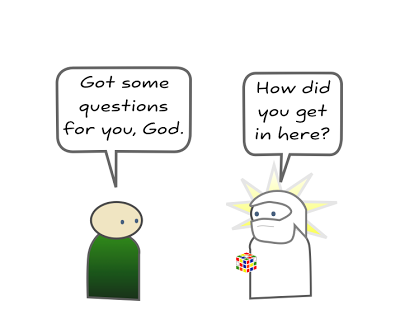

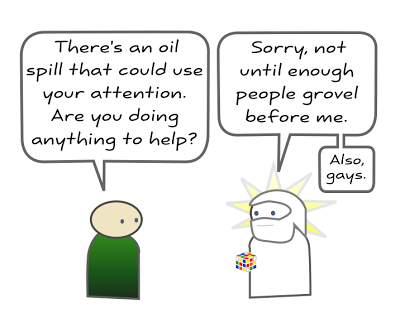
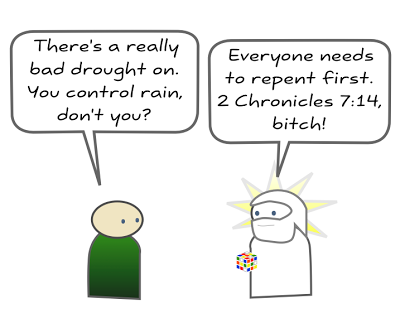
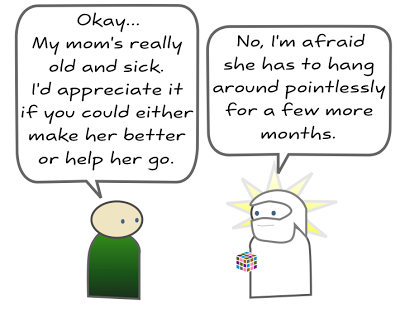
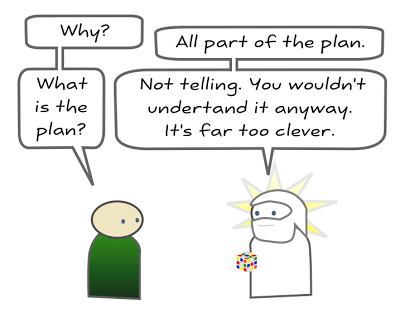
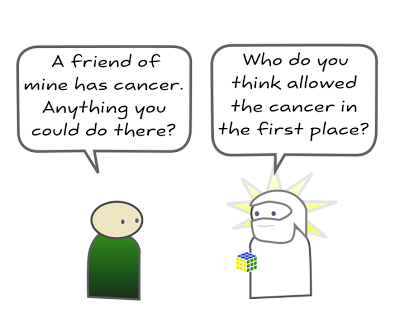
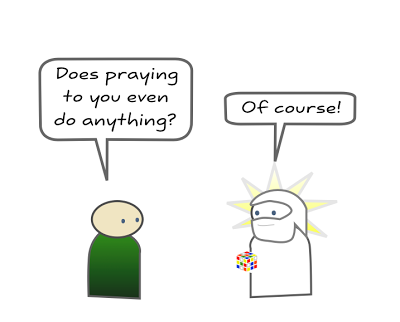
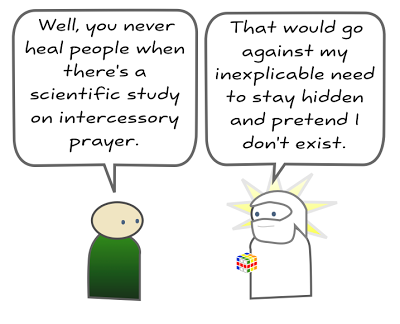


Recent Comments